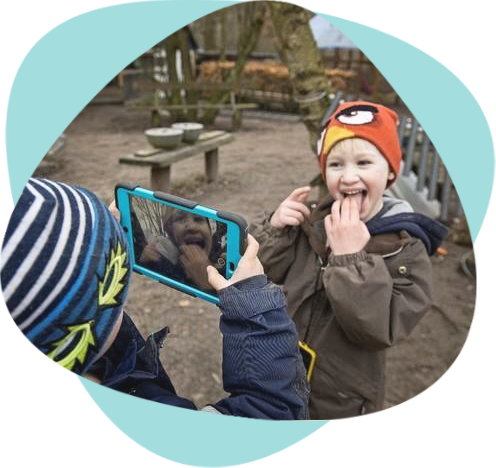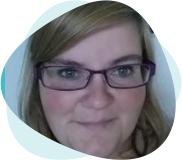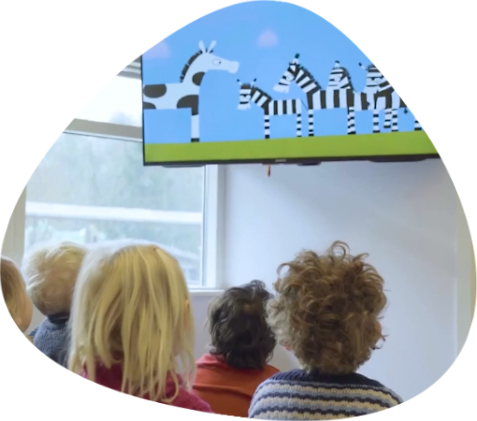Passive – Active
As the trailer FILM EDUCATION IN ACTION showed, the use of film and digital media can be engaging for young children. We are far from the image of passive consuming behavior, which is a widely held opinion. Good practice shows that watching a film can lead to an active dialogue and that using digital devices for pre-schoolers can lead to creative and/or physical activity. Storytelling, aesthetic expressions, framing views of the world, communicating opinions and understanding how film is composed – are all part of being active through the media. Often these activities are based on cooperation and social inclusion among peers. The children are usually motivated – and with good timing and planning, you will have a good chance to succeed.
In a survey, a pre-school educator observed how film education supports children who finds reading - and even speaking – difficult:
It’s because they have the sound as well as the images – it supports them to talk about what they see – they come forward and speak up, and we see a giant development in our group of children, when we watch film and talk with the children (about the film). We have children who hardly speak at all when they come here, and after one year, we see the same children bounce with a desire to narrate, and that is a giant leap!
(Kristina Juul Overgaard, Day Care Center Taarnborg, Nyborg, Denmark)



